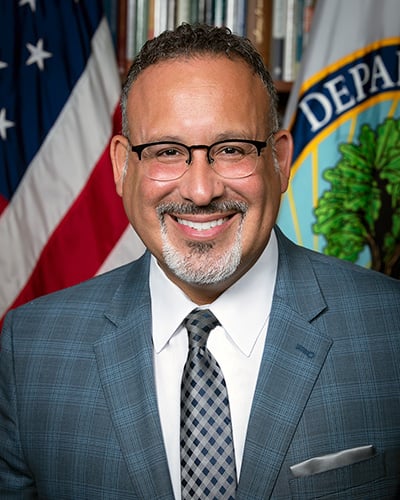
A major for-profit lobbying organization filed a motion Wednesday to intervene in a lawsuit that was recently settled by the Department of Education. The motion could block the department’s agreement to automatically discharge $6 billion in student debt for 200,000 borrowers with pending borrower-defense claims.
The motion from Career Education Colleges and Universities, the largest national organization representing for-profit colleges, claims that the colleges in the settlement were not given the chance to respond to pending borrower-defense claims alleging that they had defrauded former students. The motion was expected, as CECU stated that it planned to pursue legal action as soon as the department announced the settlement.
“From discussions with schools listed in the proposed settlement agreement, several have indicated and expressed alarm that the Department of Education has never notified them of pending borrower-defense claims. This lack of notice and the ability to adequately respond violates institutions’ due process rights under the borrower-defense program,” said Nicholas Kent, chief policy officer for CECU.
CECU is leading the motion to intervene with two colleges named in the settlement, American National University and Lincoln Educational Services Corporation. Everglades University, another college named in the settlement, has filed a separate motion to intervene, and more are expected.
The plaintiffs in the Sweet v. Cardona case claimed that the Education Department had delayed the approval of their applications for borrower defense. The settlement, reached in late June, would automatically discharge all pending borrower-defense claims against 150 colleges, all for-profit institutions.
A typical borrower-defense applicant must undergo a review process by the Education Department, and their college is given the opportunity to respond to any claims of wrongdoing.
CECU also stated in the motion that it is worried the department will try to recoup the funds for the discharged student loans from the colleges the borrowers attended. The Education Department did not respond to Inside Higher Ed when asked if it plans to make any colleges named in the settlement pay for the forgiven student loans.
The settlement is not yet final. It is currently under review by the U.S. District Court for the Northern District of California, which will announce a decision by the end of July. Both the plaintiffs and the Education Department will have to respond to each motion to intervene filed regarding this settlement.
Eileen Conner, director at the Project on Predatory Student Lending, a legal team that is part of Harvard Law School and that worked on the Sweet lawsuit, responded to the motion in a statement to Inside Higher Ed and said, “It is disappointing but not surprising that these companies are, as always, looking out for their bottom lines at the expense of students who have suffered serious harm and waited years for justice.”
from Inside Higher Ed | News https://ift.tt/UmhSxaC


No comments:
Post a Comment